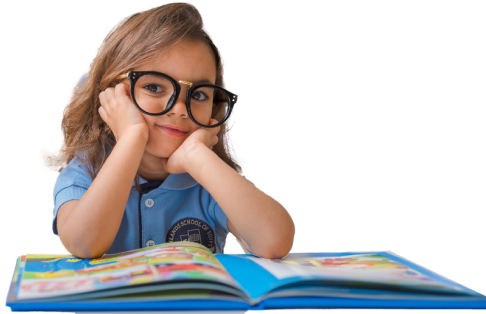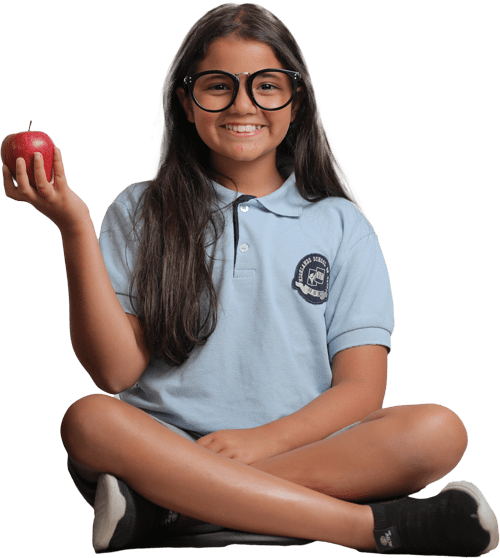Key Stage 1
OUR OVERARCHING AIMS ARE TO PROVIDE A CURRICULUM THAT WILL APPROPRIATELY:
Foster and promote children’s physical, intellectual, cultural, social, and emotional development, allowing them to establish the skills and attitudes to become independent life-long learners.
Prepare children to operate effectively as citizens.
Maximize achievement, make learning an enjoyable experience, and encourage a sense of personal fulfillment and well-being.
At KS1 the curriculum is designed and planned to equip the students with the knowledge, skills and experiences they need to give them access to, and allow them to operate within the range of contexts for learning identified above. The Programmes of Study from Cambridge Curriculum provide the framework for our curriculum. From this, teachers then devise the schemes of work for their year groups. As part of this process, teachers refer to published materials. Much of the learning is delivered through topics or themes.
1. ENGLISH
Cambridge Primary English is designed for learners who speak English as a first language, it covers the three main areas which run through every stage.
THE CAMBRIDGE APPROACH ENCOURAGES LEARNERS TO:
Become confident communicators, able to apply their reading, writing, speaking, and listening skills effectively in everyday situations and in studying a range of subjects.
See themselves as readers, engaging with a range of texts for information and for pleasure, including texts from different times and cultures.
See themselves as writers, using the written word clearly and creatively for a range of different audiences and purposes.
Develop speaking and listening skills for effective presentation and collaboration, sharing and responding to ideas to achieve a shared understanding or goal.
Develop a broad vocabulary and an understanding of how to apply grammar and linguistic conventions appropriately.
Develop skills to evaluate spoken and written texts, making decisions about how convincingly they represent different values and opinions.
2. MATHEMATICS
Cambridge Primary Mathematics supports learners to become:
They understand how principles of mathematics can be applied to real life problems in a responsible way.
They solve new and unfamiliar problems using innovative mathematical thinking. They can select their own preferred mathematical strategies and can suggest alternative routes to develop efficient solutions.
They are confident and enthusiastic mathematical practitioners, able to use appropriate techniques without hesitation, uncertainty or fear. They are keen to ask mathematical questions in a structured, systematic, critical and analytical way. They are able to present their findings and defend their strategies and solutions as well as critique and improve solutions of others.
They are curious and engage intellectually to deepen their mathematical understanding. They are able to use mathematics to participate constructively in society and the economy by making informed mathematical choices.
They reflect on the process of thinking and working mathematically as well as mastering mathematics concepts. They are keen to make conjectures by asking sophisticated questions and develop higher order thinking skills.
Overview of the Strands
This Curriculum Framework provides a comprehensive set of learning objectives for Cambridge Primary Mathematics. Cambridge divides the learning objectives into three main areas called ‘strands’ which run through every primary mathematics stage. Each strand is divided into ‘sub-strands’ and these sub-strands are listed in the diagram below.
3. SCIENCE
Overview of the Strands
This Curriculum Framework provides a comprehensive set of learning objectives for Cambridge Primary Science. Cambridge divides the learning objectives into main areas called ‘strands’ which run through every stage. Each strand is further divided into ‘sub-strands’. Sub-strands are based around the key concepts of each strand.
The skills strand relates to the development of scientific skills and covers three core scientific approaches:
Models and representations: Scientists use models and representations to represent objects, systems and processes. They help students explain and think about scientific ideas that are not visible or are abstract.
Scientific enquiry: Students need to develop scientific enquiry skills around the purpose and planning of experiments and investigations, evidence collection, analysis, making evaluations and conclusions
Practical Work: Learners require good skills of observation, measurement and equipment handling. These skills enable learners to collect accurate and reliable data within investigation work. The development of practical work and the skills associated with it supports the collection
4. HUMANITIES
The humanities entail the study of the human world and society from a critical perspective. This field includes popular majors like English history and Geography. In these disciplines, students investigate humanity itself, applying critical methods to help them understand literature, art, and the past, as well as human morality, culture, and values.
A key part of a balanced education, creating thoughtful and active citizens of the future. We start early by encouraging children to develop their own ideas through History and Geography. These subjects help children to analyse and evaluate information as well as develop their own way of seeing the world.
5. Computing
6. Foreign Languages (German / French)
7. Character Education
8. Music
9. Art
10. Physical Education
Assessments
Students’ progress is assessed through in-school formative and summative assessments.
HSE CROSS-CURRICULAR APPROACHES, WHERE CHILDREN REVISIT LEARNING IN A RANGE OF CONTEXTS, ENCOURAGE STUDENTS TO:
To provide activities that complement the school curriculum, satisfy competitive and recreational needs of the students, and respond to the expressed interests, talents, skills, and values of the community.
To promote school spirit and self-esteem.
To teach and foster desirable leadership skills, community awareness, citizenship, responsibility, and teamwork.
To develop students who are lifelong learners and positive role models.
To provide equal opportunities for all students.
A student's participation in a club or organization is a privilege and not a right.
A student's opportunity to participate can be limited or denied for failure to follow the club or activity's rules or for violation of the student conduct code.
SOME OF THE SUGGESTED ACTIVIES ARE:
Drama
Arts and Crafts
Science Club
Journalism (Newsletters, magazines, bulletin boards, yearbooks…)
Football
Basketball










